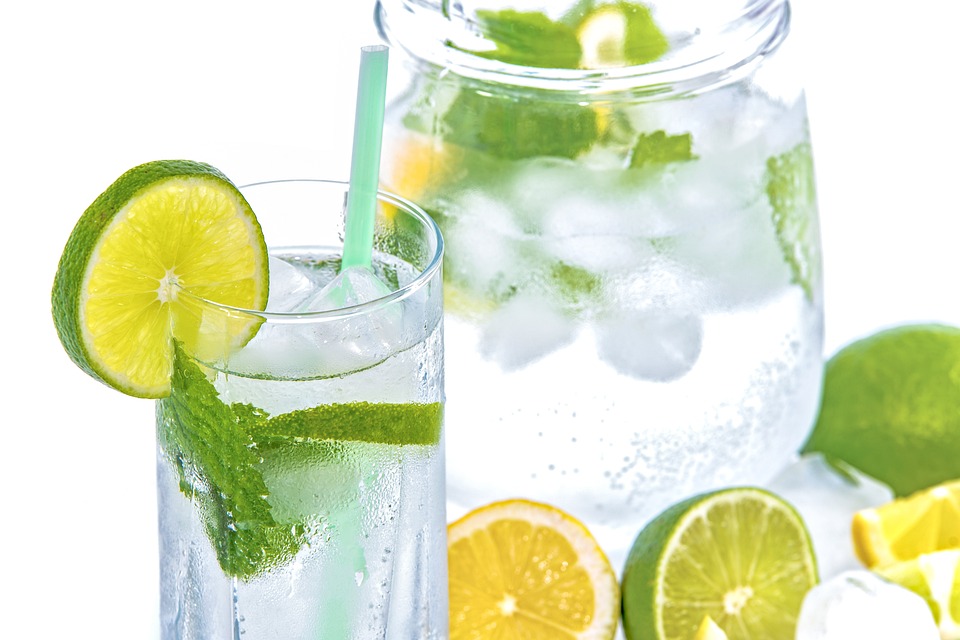Each American uses an average of 82 gallons of water each day at home. Yet water is a finite resource, with less than 1 percent of the Earth’s water available for human use.
Just how necessary is water? According to the USGS Water Science web site, water is essential for all life on earth. It makes up as much as 90% of the body weight of some organisms.
A newborn baby is 79% water, while an adult human body is 60% water. The brain and heart are 73% water, the lungs about 83% water, the skin 64% water, muscles and kidneys are 79%, and even the bones are watery 31%.
Simply by breathing, perspiring, and removing waste, a body loses between eight to twelve cups of water every day. Men need to replace 11-15 cups of fluid daily, while women require a minimum of 9-11 cups. You may need to increase your fluid intake in hot weather, high altitude, with a high-fiber diet, or when exercising.
Since caffeine and alcohol deplete fluids, you will need to increase fluids if imbibing. Drink a full glass of water for each alcoholic drink. Avoid sweet alcoholic drinks, the sugar can interfere with the body’s water storage and dehydrate you further.
You can maintain adequate hydration by drinking water, or beverages such as soups, milk, 100% fruit juice and decaffeinated teas. Fruits and vegetables contain a fair amount of water. You should try to drink at least eight cups of fluid daily, since it is difficult to determine the level of fluids in your food.
Every cell, tissue, and organ in your body needs water to work properly. For example, water:
- Gets rid of wastes through urination, perspiration and bowel movements.
- Keeps your temperature normal.
- Lubricates and cushions joints.
- Protects sensitive tissues.
- Is essential for burning fat from food and drink, as well as stored fat.
Don’t wait until you are thirsty, or your energy is low before replenishing your fluids. Both conditions are a sign of mild dehydration. Make hydrating a part of your health regime.


